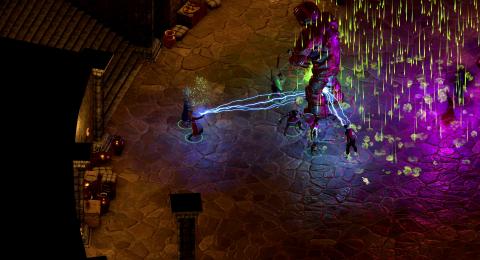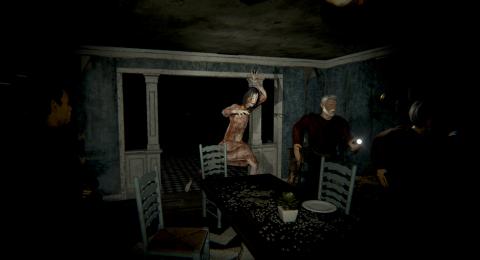
Three quarters of British parents are concerned about the content of video games and the same number want independent regulation of their content, according to a new YouGov poll for the British Board of Film Classification. The vast majority also believe that video games affect some children's behavior.
The poll, conducted as the Government prepares to make a decision on whether to allow the games industry to continue to regulate privately, shows parents overwhelmingly favor some sort of system which would see video games rated in the same way DVDs and films are rated.
The Government is currently considering the outcomes of a consultation following the publication of its Review by Tanya Byron last year which recommended that games for people of 12 years and over should come to the BBFC for classification. The games industry has argued that games should be regulated by their own self regulatory system called PEGI.
The key results from the poll are as follows:
• By 74 per cent to 7 per cent parents are concerned about the content of some video games.
• By 79 per cent to 6 per cent parents think video games may affect the behavior of some children.
• By 74 per cent to 5 per cent parents believe video games should be regulated by an independent regulator.
• By 77 per cent to 4 per cent parents believe video game ratings should reflect the concerns of UK parents.
• By 82 per cent to 3 per cent parents believe it would help them if video games used the same ratings as films and DVDs.
David Cooke, Director of the BBFC said:
"This poll clearly shows parents support a regulatory system for games that is independent of the industry and UK based, reflecting UK sensibilities and sensitivities. The UK public wants the protection of children to be paramount when regulating games which, of course, reflects the concerns which led to Tanya Byron being asked to produce her report. The BBFC has been classifying games for over 20 years and our decisions reflect the views of the public. Our classification systems and symbols are known and trusted by the public and in a converging media world they want to know what their children are playing as well as watching."








